It has been a hot topic these days how much artists have lost due to the mayhem caused by the coronavirus. Some people avoid the whole topic, others process it by talking about their problems. István Várdai chooses a completely different way though. The cellist who lived a quite active life with a lot of flights and international concerts before the lockdown has not been on stage for five months. He will also be the Artist of the Year at the Müpa for 2020/2021, another unpredictable season that might be affected by covid-19. Yet he doesn’t feel low at all. What has he prepared to cheer us up, and what can humanity, the artistic community and the audience win from the pandemic? We discussed such topics on this slow, sunny afternoon.
You are the curator of the chamber concert that will be part of the Müpa drive-in cinema series soon and bears your name. How did this story start?
This is a new initiative that was created due to the pandemic. When Müpa asked me to think about a programme, I immediately thought about fellow musicians who have been waiting so much to play for the audience again, just like me. I was happy to accept the opportunity, and even the unusual circumstances won’t change anything: the most important is to play together again. I don’t know how this screen-and-speakers solution is going to work, but we collected such pieces consciously that are considered to be a bit more popular within the genre of classical music, so they don’t need such a focussed contemplation that is usually present at a more traditional concert. This will be a bit more carefree summer night music with a catchy mood, ideal to enchant the audience in their cars. Apart from that, the concert will be recorded, so it can be broadcasted during pandemics in the near or far future – as this one surely wasn’t the last such situation. And it will also be a lovely memory, a memento of a great experience amidst these discouraging times.
Who are the fellow musicians whom you invited?
They are all my friends whom I have known for long. I chose some of them because we haven’t had too many opportunities to play together, but others like Zoltán Fejérvári, Bence Horváth or Máté Szűcs are my regular partners in chamber music. I know Réka Kristóf from the talent show Virtuosos where she won in her age group, and since then I’ve been following her career in Germany or other places, or there is also Ágnes Langer whom I met at the Bartók World String Competition some years ago. The performers whom I invited for this show are among the very best of the world of music, and they also represent various generations on stage. My main motivation was to bring such friends of mine together who don’t know each other yet. I will be there for most of the concert, but music builds bridges anyway, and joint work can lead to great friendships. These are all positive motivations and energies, connected to a show which operates with joyful, beautiful and energetic. We would like to chase all the doubts and fears away that have been unfortunately way too present in our world these days.
Is this the first concert since the end of the lockdown?
It is. The very first. Not only for me but also my fellow musicians, and we are looking forward to it very much. Anyway, I tried to see the good side of this whole quarantine situation, and there was indeed a lot to discover. Like all those things that we perceived as routines before, that we often ran through without focus, without interest, now won a special new meaning. I realised that the way I put my shirt and suit on, the way I deal my instrument, the way I experience the rehearsals, they are all different. After such a long break, the first concert is a true feast.
You will be the Artist of the Year in Müpa for the season 2020/2021. What happens if the virus has a second wave and everything closes down again? What are your plans, your possible ideas for a bad scenario?
I’m usually a very optimistic person and try to see everything from the bright side, but I feel that this quarantine lately, the restrictions, the masks, the constraints were so gloomy that most people will get back to their safe homes by the tiniest hint of a relapse. They will watch out to avoid the infection, the second wave of the pandemic. This is what I hope for, mostly because I have been on the way for most of my time during the last six-seven years, and I kept having the feeling that people don’t really care about health and hygiene. If we win something with the virus, then it’s this: people now care about washing hands, slowing down, keeping the most foundational hygienical roles. This is a good development, not only in connection with the covid-19 case.

Otherwise, if the same situation comes again as we experienced during the last months, then – unfortunately or indeed fortunately, depending on the perception – the possibilities of the internet are still there to help us out. Not that I would believe that a live concert, its energies, vibrations can be replaced by any such solution, any electronic device. So I hope that we can soon stand in front of a physically present audience.
You really sound like someone who is looking on the bright side…
I guess we should simply be aware of each other and our environment, even if it’s harder to do in a big city and raises a lot of questions. How can be maintain the healthy distance without getting estranged by fellow humans? We need to find and redefine the right proportions, but the goal is not to estrange from each other but indeed to care for each other more. In Japan and other Far Eastern countries, for instance, it has been a general habit to put on masks during the flu pandemic so that one doesn’t spread the virus. What about having the same in Europe from now on? This whole story is yet to unfold, but I try to stay optimistic.
Do I understand correctly that the concert programme mirrors the same joyful optimism?
Yes, this was our concept. The programme has a wide time span, featuring “the best of” classical music from Mozart to Ligeti. It is a lovely collection that has the content and depth of more traditional classical concerts, but amalgamated with a light summer night atmosphere, giving the audience a well-deserved, relaxed entertainment. The artists and the instruments are just as heterogeneous as the composers and the pieces. Some are play in orchestras, like Ernő Kállai who is a concertmaster of the Hungarian State Opera, or Jákob Bettelmann who is a solo fagottist of the Radio Orchestra. There is Péter Szűcs, also from the State Opera, he is a solo clarinettist there, or Szabolcs Zempléni, he’s a great hornist, and so on… A wonderful list of names, so many brilliant musicians. We are looking forward to the concert very much and it makes us extremely happy to be on the stage again and meet our dear audience – albeit not yet in the hall, but at least in the parking lot.

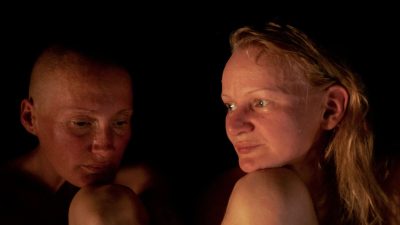
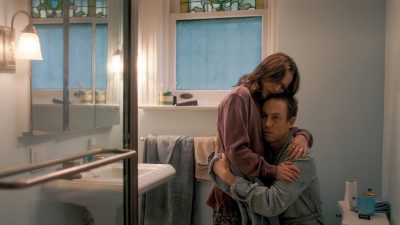
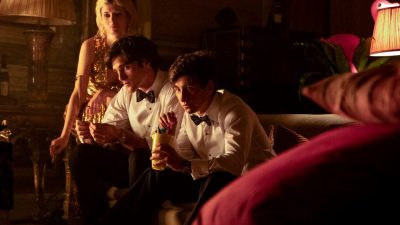
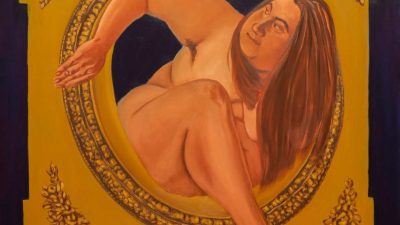
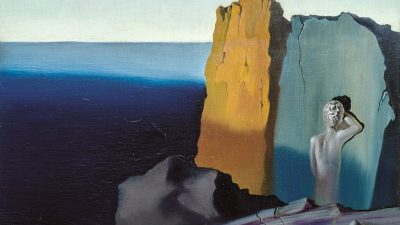
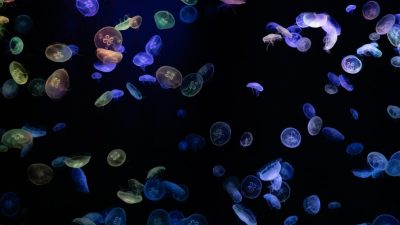


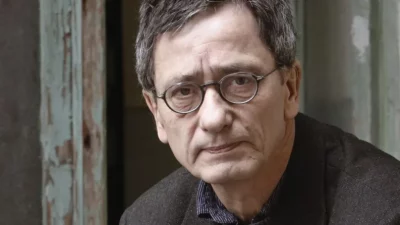



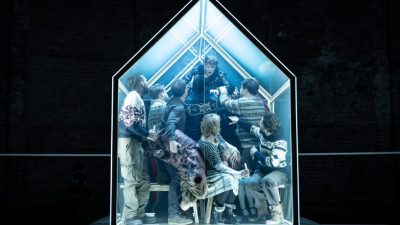
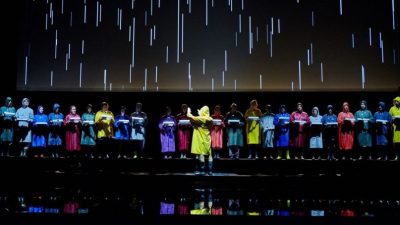


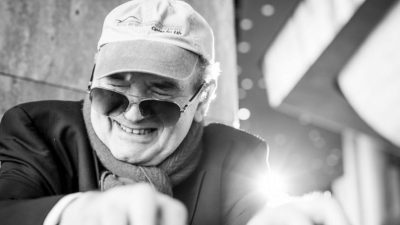


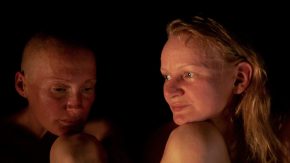
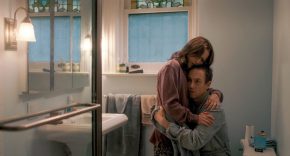
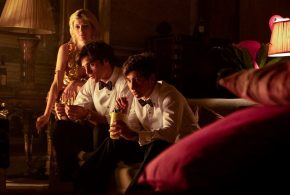
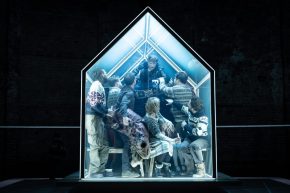

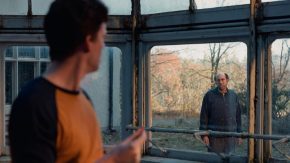
Comments